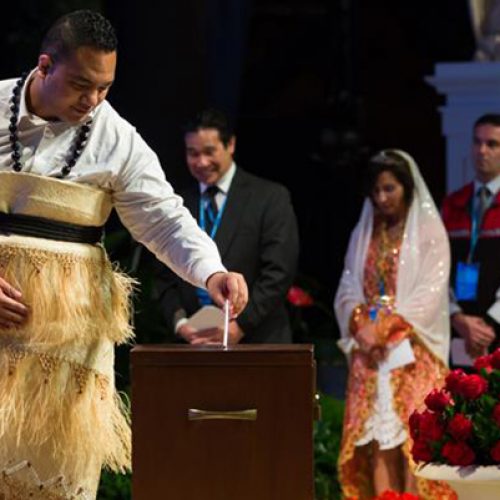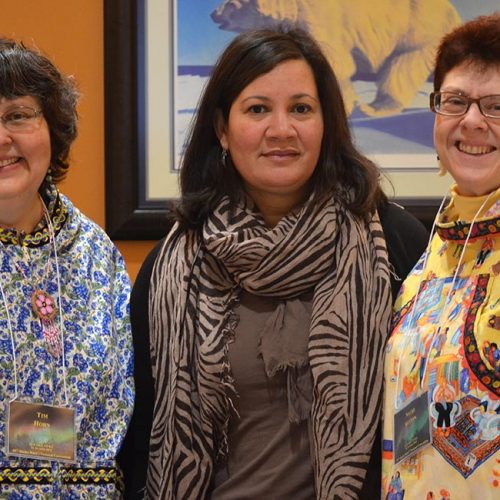Walking a Spiritual Path
“What are the requirements? Love for mankind, sincerity toward all, reflecting the oneness of the world of humanity, philanthropy, becoming enkindled with the fire of the love of God, attainment to the knowledge of God and that which is conducive to human welfare.” ‘Abdu’l-Bahá
A pivotal concept in the Bahá’í teachings is that the refinement of one’s inner character and service to humanity are inseparable facets of life. Shoghi Effendi, in a letter written on his behalf, states:
“We cannot segregate the human heart from the environment outside us and say that once one of these is reformed everything will be improved. Man is organic with the world. His inner life moulds the environment and is itself also deeply affected by it. The one acts upon the other and every abiding change in the life of man is the result of these mutual reactions.”
The Bahá’í teachings emphasize that each person is in charge of his or her own spiritual development. While institutions exist to guide and release energies, and Bahá’í community life is to be characterized by an atmosphere of cordial consultation and encouragement, the responsibility for spiritual growth ultimately rests with each individual. Indeed, there is no clergy in the Bahá’í Faith; the Bahá’í community can neither be described in terms of a pastor and congregation, nor as that of a body of believers led by learned individuals endowed with authority to interpret scriptures.
The dynamics of walking a spiritual path is a theme that Bahá’ís, both individually and collectively, are constantly exploring in their activities and consultations. Certain aspects are clear: that simply focusing on oneself proves counter-productive; that the path is to be walked in the company of others—each giving and receiving love, assistance and encouragement; that the tendency to allow self-righteousness to take hold needs to be conscientiously resisted; and that humility is a requisite of progress.
No soul walking this spiritual path may make a claim to perfection. Yet, the kind of relativism that condemns adherence to clearly stated ideals and principles finds no place. Each Bahá’í is asked to make daily effort to progressively reflect in his or her conduct the standards described by Bahá’u’lláh, no matter how difficult to attain they may seem.





